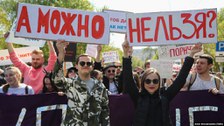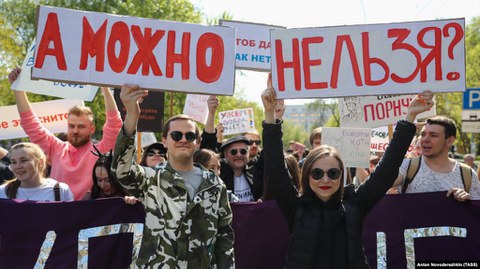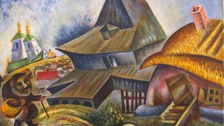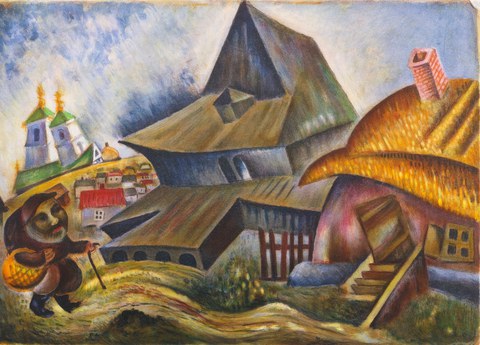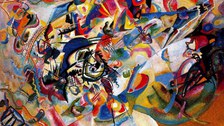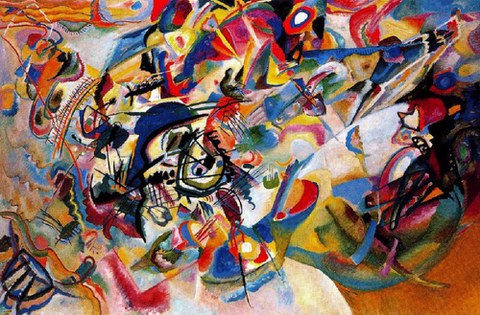Profile of the Chair
At the Chair of Slavic Literatures, Slavic literature and cultures are taught and researched in their entire geographical and chronological scope. There is a particular focus on Russian, Polish, Czech and Ukrainian culture as well as on the cultures of Eastern European minorities.
The first focus of research and teaching is the field of alternative and dissident art and literature from the late Soviet period to the present. In the project 'Alternative Aesthetic Cultures in Eastern Europe since 2000', the critical tendencies and artefacts towards oppressive politics or towards the politically influenced mainstream will be examined. In the context of the conducted and planned projects, the late communist period (1960-80s) - the period of 'classical' dissent - is compared with the most recent past and its sometimes authoritarian and populist tendencies. In the same way as general tendencies and developments comparable between 'West' and 'East' are relevant, regional characteristics and partial diachronies of the Eastern European countercultures - for example in the metropolises Moscow, Saint-Petersburg, Warsaw and Kiev - are too. We are particularly interested in cultural dissent with regard to the following aspects of interdisciplinary relevance: political power and the public, communication structures of alternative cultural movements, digitisation of countercultures 2000-2017, urban dissent and urban planning. Within the participating projects, the dissolution of the boundaries of aesthetic activity towards research into the social, economic, technological and ecological environment in the course of the 'new-realist' transformation forms an important thematic complex.
The second focus is on the area of boundary phenomena and transfer processes in literature, culture, and science. Here, the emphasis is on problems of trans- and interculturality in the Slavia, translation cultures between East and West, minority cultures between tradition and modernity, as well as cultural space and topography research. The project 'Ethnic narratives since the late Soviet period' focuses on the peripheral cultures of the former Soviet Union which historically are not (only) anchored in the Slavic-Orthodox, but in the Islamic, Jewish or polytheistic context. The Eastern European Jewish cultures and literatures are of particular interest, as is the region of Siberia, which since the beginning of the Soviet era has evolved between tradition and modernity. Problems of modernisation and hybridisation of such 'small' cultures as the Khanty, Nenets and Mansi, as well as the interrelation between the imperial and the regional in the context of Sovietisation, are the core of the analysis. Finally, the mentioned focus includes research into the 'journey' of important cultural and literary theories from West to East and vice versa.

